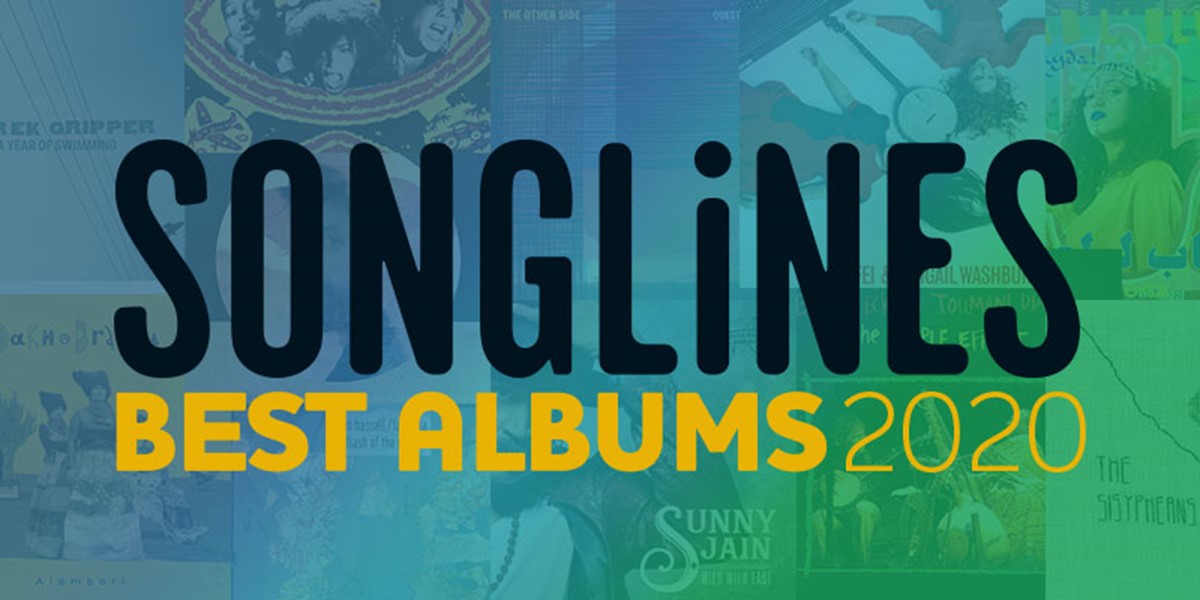Thursday, January 7, 2021
Best Albums 2020: Fusion
All of these albums received a maximum of five stars when reviewed in the 2020 issues of Songlines. Featuring Xylouris White, Sunny Jain, Derek Gripper, Wu Fei & Abigail Washburn and many more


Register now to continue reading

Thanks for visiting the Songlines website, your guide to an extraordinary world of music and culture. Sign up for a free account now to enjoy:
- Free access to 2 subscriber-only articles and album reviews every month
- Unlimited access to our news and awards pages
- Our regular email newsletters

